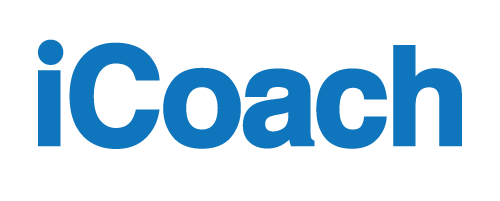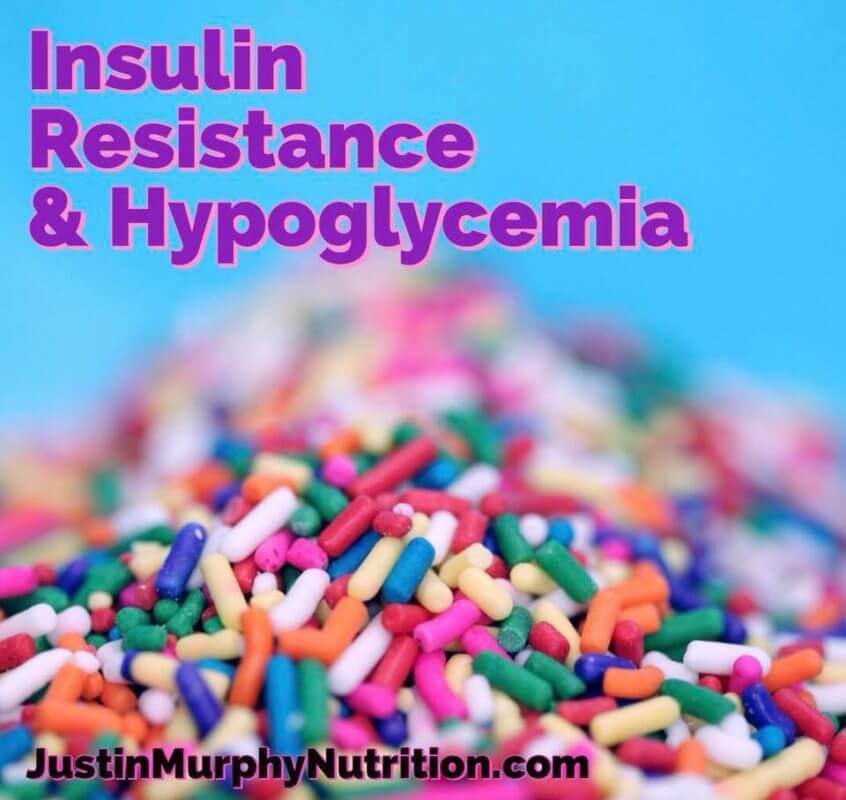Nutrition Tips
Insulin Resistance & Hypoglycemia
Insulin resistance is defined as having chronically elevated blood sugar levels and subsequently high insulin levels. Hypoglycemia is defined as having low blood sugar. Both have insulin surges.
Signs of insulin resistance include sugar cravings even after consuming sugar, increased thirst / urination, consistent fatigue after meals, and even trouble falling asleep at night. Signs of hypoglycemia include irritability, shakiness, fatigue, and lightheadedness which are all relieved after eating food. Some individuals even experience difficulty staying asleep at night.
Elevated blood sugar increases insulin.
Insulin causes increased cortisol, increased cortisol increases blood sugar.
This cycle, over and over, is what causes blood sugar management issues.
Human physiology is one interesting subject. The more we begin to understand how are bodies work, the more careful we are in terms of our decision making. Insulin resistance and hypoglycemia are caused by poor eating habits. People that constantly eat excess sugar / carbohydrates, excessively large meals, and/ or glycemic imbalanced meals are the individuals being diagnosed with these health issues. Another way that insulin resistance or hypoglycemia can come about is through chronic cortisol production which is caused by chronic stress, inflammation, food allergies, and/ or a parasitic infection.
Blood sugar dysregulation and elevated insulin levels can cause a host of issues in our body such as: increasing cholesterol, blood pressure, testosterone in women, estrogen in men, inflammation, oxidative stress, and decreasing liver detoxification pathways in our body. It doesn’t matter if you have a weight loss issue, thyroid issue, cardiovascular issue, hormone issue, or neurological issue, if your body is unable to get oxygen and/ or glucose into the cell for energy then you will never function as efficient as you could.
Hope this helps!
Justin Murphy

